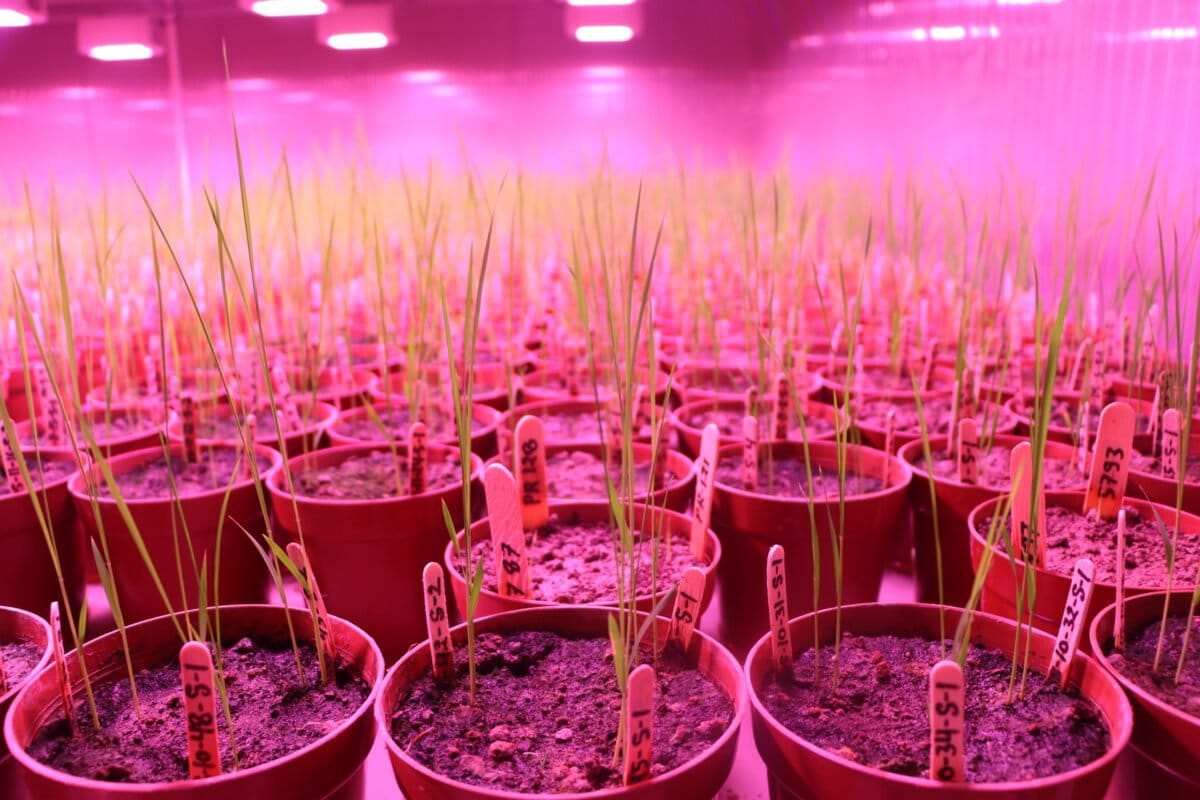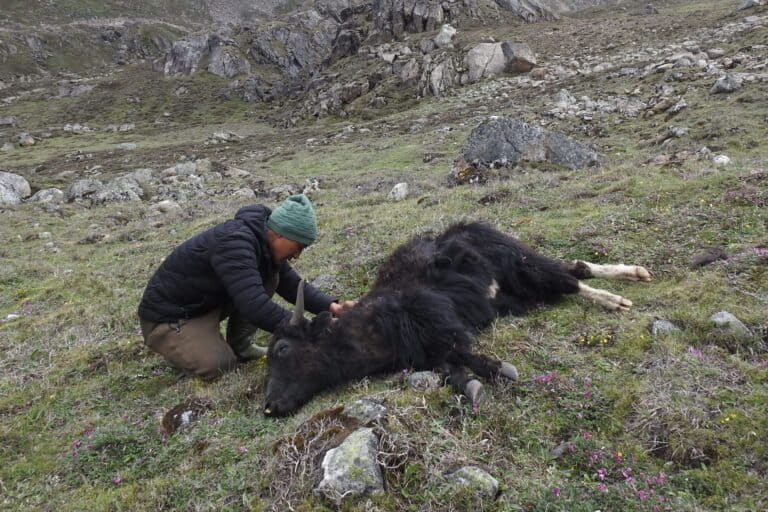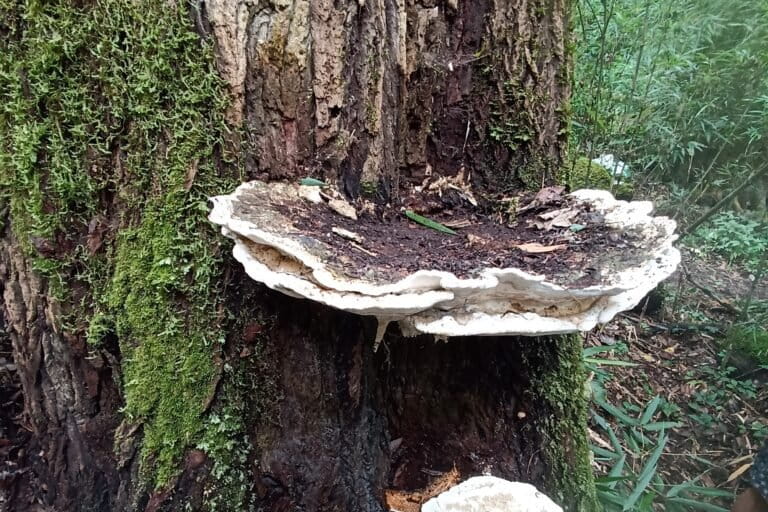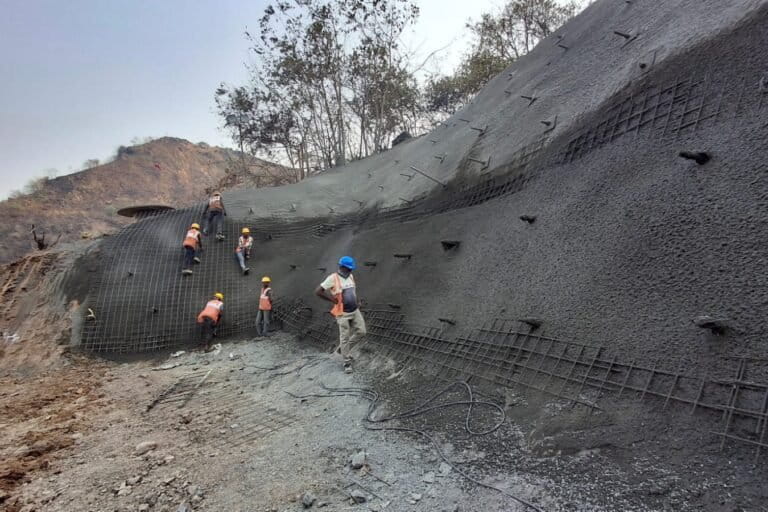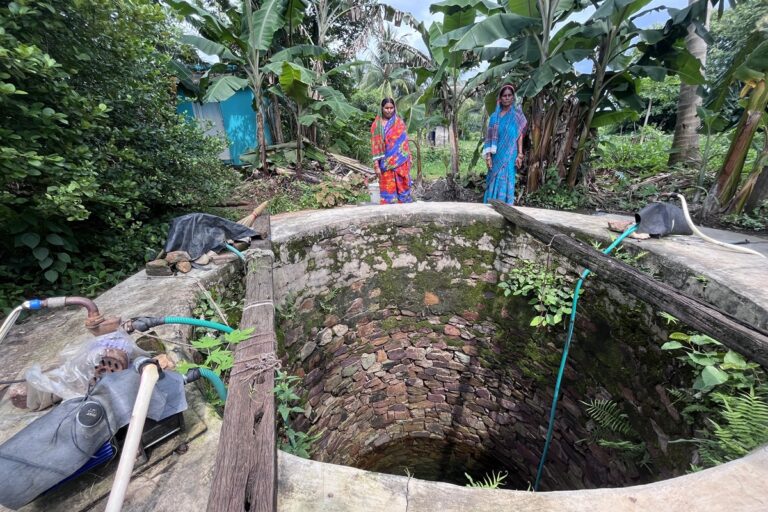- Ajayakumar bridged local struggles with global policy advocacy, representing historically-oppressed communities at international forums.
- He advocated and led transformative initiatives for the right to education, and played a key role in establishing the Kerala State Commission for Protection of Child Rights.
- He pioneered budget justice frameworks, and mentored a generation of human rights defenders with unwavering commitment to dignity, equity, and intersectional solidarity.
V. B. Ajayakumar, a towering figure in grassroots human rights and climate justice advocacy passed away in Kerala on August 3, 2025, following complications after a surgery. He was 48.
Ajay leaves behind a legacy spanning more than three decades. His work bridged local struggles with global policy advocacy. He began his human rights journey with People’s Watch, serving as Kerala State Coordinator for the National Project on the Prevention of Torture from 2006 to 2008. He later founded RIGHTS, a civil society initiative focused on building human rights education in schools and communities across Kerala. Through RIGHTS, Ajay developed and led grassroots interventions in education, disaster response, and child rights, always centred on the voices and needs of historically oppressed communities.
Ajay was closely associated with Human Rights Defenders Alert (HRDA) India, the National Campaign on Dalit Human Rights (NCDHR), and served as Global Convener of the Alliance for Climate Frontline Communities (ACFC). He stood steadfastly with Dalit, Adivasi, coastal, pastoral, plantation, migrant, and other historically-oppressed communities. His work amplified their voices from local struggles to international forums, where he spoke not as a representative but as a member of these communities.
Ajay’s mentee, Arathi M. R. recalls an incident where his commitment to right to education stood out: In the aftermath of the COVID-19 lockdown in 2020, when the Kerala government launched the First Bell initiative to bring online classes to students, a 14-year-old Dalit girl died by suicide after being unable to access the classes due to lack of resources. In response, Ajay, through RIGHTS, led a campaign to provide essential gadgets to children from Dalit communities. He also initiated a project called BHIM Online Classroom, a direct effort to address the digital divide. “He deeply understood how important education is for a marginalised community and worked relentlessly for it.”
Ajay spearheaded the Kalippattavandi (Toy Vehicle) initiative for children in disaster-hit areas, driven by his belief that “no disaster should take away the joy and beauty of childhood.”
He was an early and powerful voice for budget justice, developing methods to analyse state and union budgets through the lens of equity and proportionate allocation. His work supported grassroots actors to build budget literacy and advocate within local governance systems. He played a critical role in advocacy for the 86th Constitutional Amendment, which made education a fundamental right, and represented the National Alliance for the Fundamental Right to Education in that effort. Ajay was also instrumental in the formation of the Kerala State Commission for Protection of Child Rights, and convened Janumettam, a platform that monitored the Right To Education (RTE) rule implementation and shaped child rights discourse in Kerala.

Ajay’s long-standing solidarity with Adivasi land struggles and Dalit resistance was grounded in a clear political commitment. He rejected terms like “underprivileged” or “marginalised”, viewing them as development jargons. Instead, he spoke of “historically oppressed communities”, holding systemic structures accountable. One of his associates, Jinu Sam Jacob, says, “He stood for dignity, justice, equity. His advocacy was not about speaking for others; it was about amplifying their voices on their own terms.”
He carried this clarity and moral force into international climate spaces. At the UN High-Level Political Forum, and during COP26, COP28, and COP29, Ajay led delegations of frontline communities, calling for climate reparations, loss and damage finance, and recognition of traditional knowledge systems. He wrote the Climate Faculties position paper, which reframed frontline communities as knowledge producers. The paper stated, “We, frontline communities from historically oppressed backgrounds, identify as knowledge-producing communities and redefine ourselves as Climate Faculties.” This idea resonated across global forums and became a unifying platform for solidarity among communities from Africa, Latin America, Small Island states, and the Asia Pacific.
Ajay’s contributions shaped discussions on child rights in disaster contexts, the Universal Periodic Review process, and intergenerational climate equity. His advocacy was always community-rooted and future-focused. He worked with strategic foresight, often planning years ahead. Jacob recalls, “He thought years ahead, mapping out visions others could not yet see.”
From Kerala’s flood-affected villages to the blue zones of the United Nations, Ajay carried with him stories, strategies, and the quiet dignity of struggle. He trained and mentored a generation of human rights defenders. He believed in intersectional solidarity, not in being a “voice for the voiceless,” but in passing the mic and building platforms for survivors to speak.
Ajay’s life and work remain a testament to principled leadership, deep compassion, and uncompromising integrity. His legacy is one of dignity in action.
Banner image: Ajayakumar attends UN-BHR in Srilanka. Ajay leaves behind decades-long legacy bridging local struggles with global policy advocacy.



